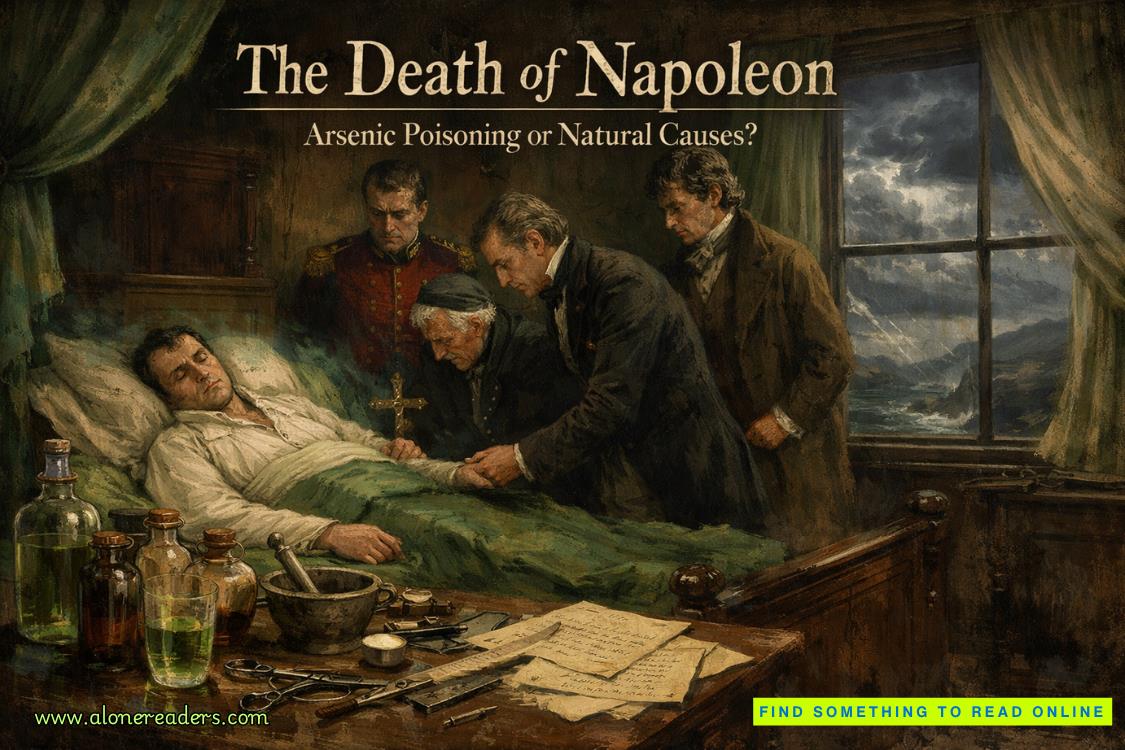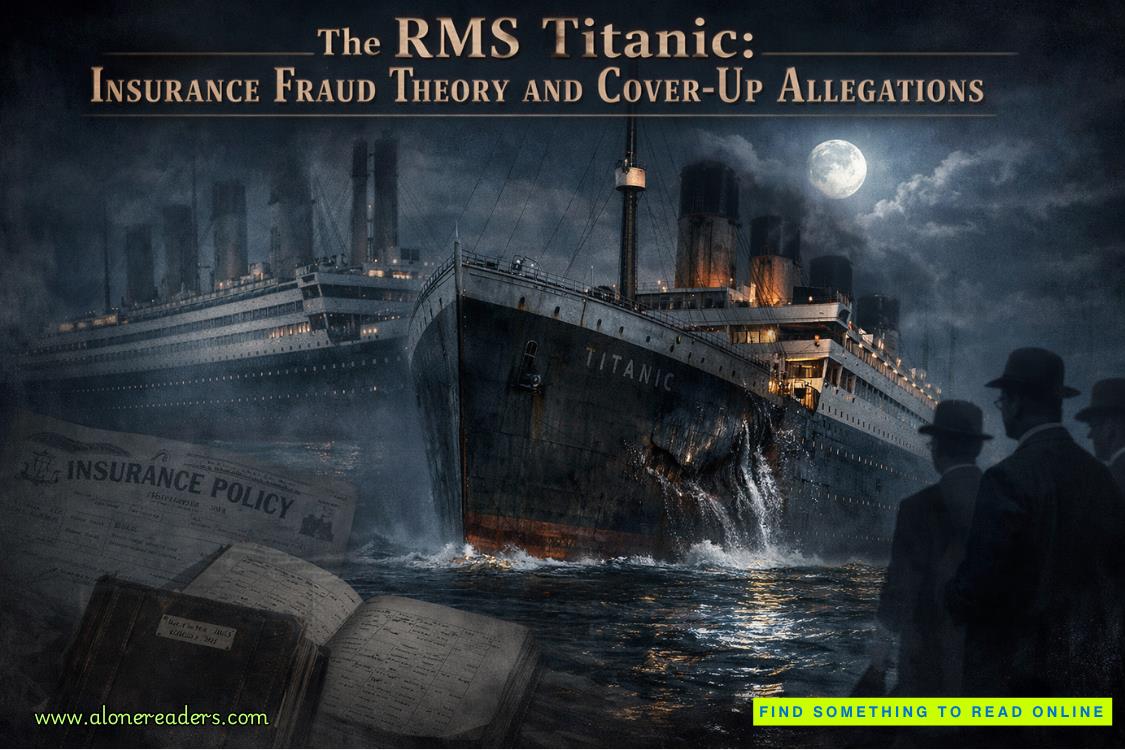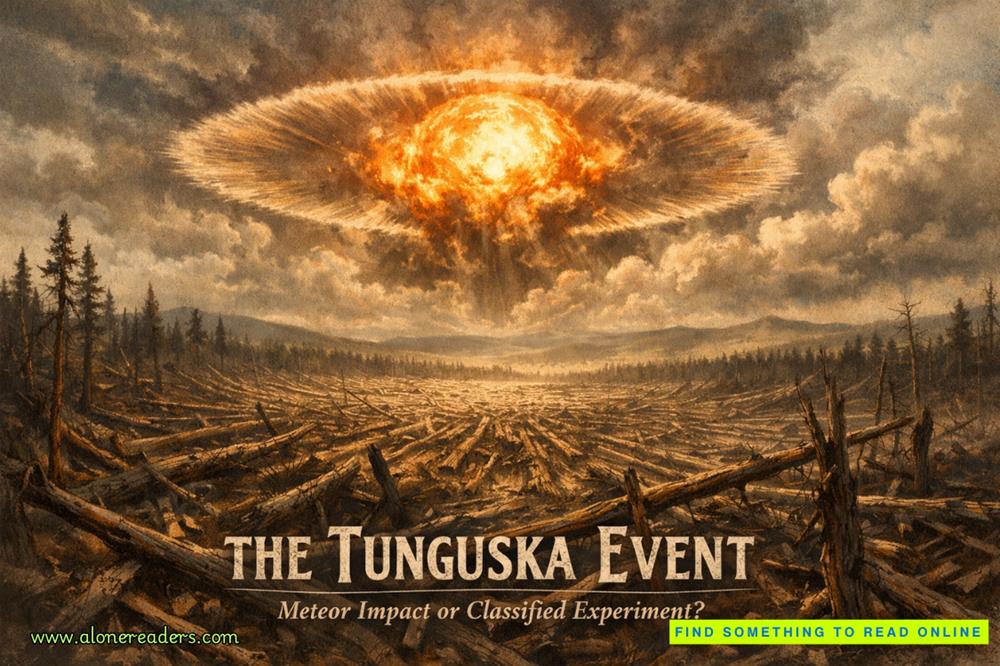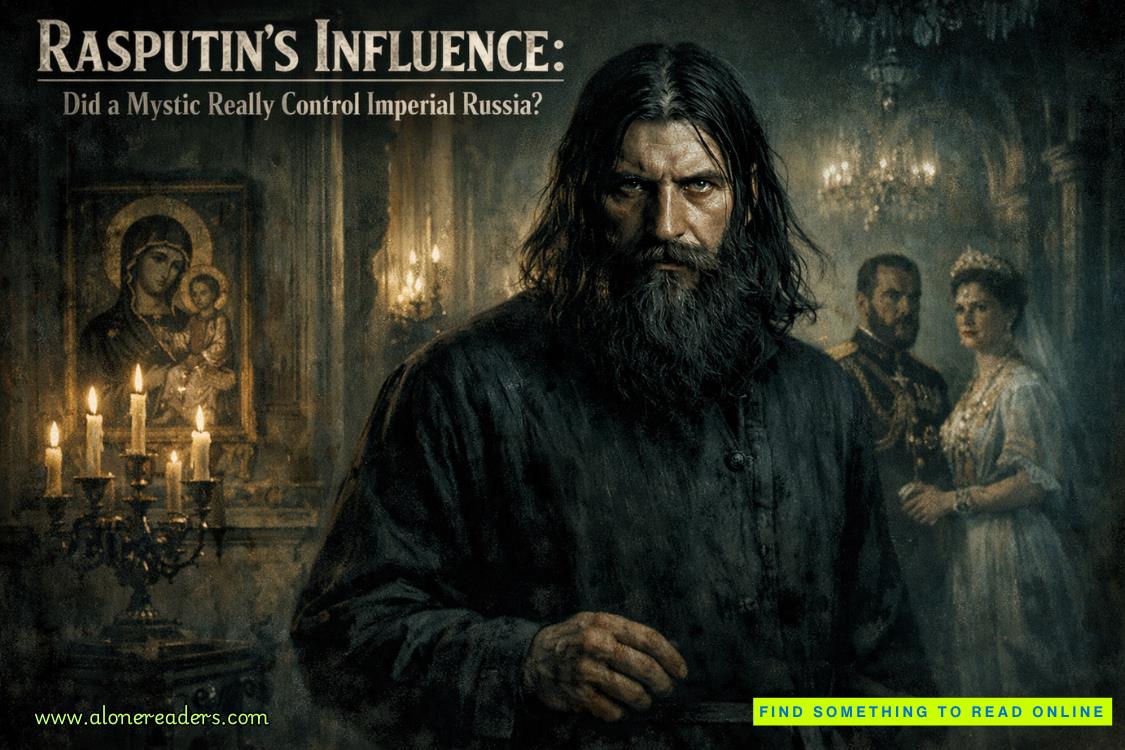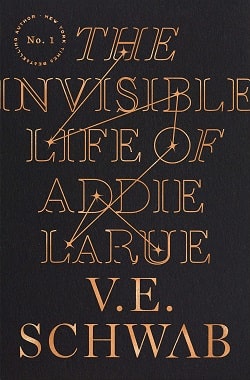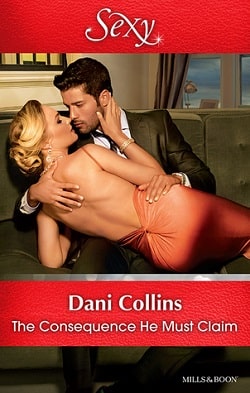“I really,reallywant this,” she whispers huskily.
“You, uh, think I don’t see you, but I, uh—I do.”
Her fingers caress the wall. “Me? Randall, are you talking to me?”
She gives me an innocent look over her shoulder.
“Yes, you. I see you all the time when you’re”—my mind goes blank—“you know, answering questions in class. And I don’t think you’re a nerd?—”
“No, he likes me because I’m a nerd,” she corrects.
“You know,” I attempt, “I think maybe role-play isn’t my?—”
“You’re doing amazing,” she tells me and, turning to me, wraps her arms around my neck and kisses me.
With a sense of profound relief—I’ve passed the test; we’re on to the night’s real agenda—I kiss her back, andyes. Now we’re on track, kissing, groping, stumbling toward my apartment. I fumble in my pocket and find my key card, opening the door, guiding her inside, turning her around to press her against the door, my front to her back.
“Say, ‘You dirty little bookworm,’” she prompts.
No, no, no. Every cell in my body rebels. I open my mouth, and all that comes out is a slow hiss of sad air. Other parts of me—besides my lungs—deflate as well.
“Say, ‘You dirty little bookworm,’” she murmurs again, like the problem is that I didn’t hear the first time. Or didn’t understand.
But the real problem is that Randall Westbrook clearly never had the slightest interest in Kirsten Payton. And yet, more than a decade later, she still fantasizes about him rocking her world.
It’s tragic, actually.
Why do women persist in having such romantic, optimistic, self-destructive ideas about love when it’s abundantly clear that the world is full of men who will tear them to shreds?
I’m standing there, pressing her to the wall, my mouth open and wordless, when a warbly baritone comes from behind me:
“Rhys Hott. You can’t stay cynical about love forever.”
Kirstenand I shriek like little kids who’ve been jump-scared.
Raking a hand through my hair, I glare at the intruder in my living room. “What the fuck are you doing here?”
The short, balding man in his late sixties gets to his feet, waving a single sheet of cream-colored paper. “I’m serving you with the letter from your grandfather’s will. Nice place, by the way,” he says, scanning our surroundings—the mission-style furnishings, the William Morris–influenced textiles, the Arts and Crafts–era paintings and handcrafts. Heavy, dark, comforting.
Normally comforting. Currently full of invaders.
“Who is he?” Kirsten demands.
I sigh heavily. “Heis Arthur Weggers, my grandfather’s attorney and the executor of his will. He lives in Rush Creek, Oregon, where I grew up.”
“Why is he here?”
Weggers puffs up his chest. “I’m here to read Rhys a letter from his grandfather.”
“My dead grandfather,” I clarify, since that part isn’t always obvious. “There’s this thing—” I close my eyes, because where do you even start with this? “My grandfather is making me and all my brothers—I have four—jump through arbitrary hoops in order to keep the land we grew up on and save our sister’s business, and it’s Weggers’s job to make sure we all do the things we’re supposed to.” I glare at him.
“Wait,” Kirsten says. “What do you have to do?”
“I don’t know yet.” I turn to Weggers. “What do I have to do?”
“Do you want her here while I read the letter?”
I’ve been handed a brilliant exit from at least one of my night’s problems. “I think I would prefer for the reading to be private,” I tell Kirsten.




